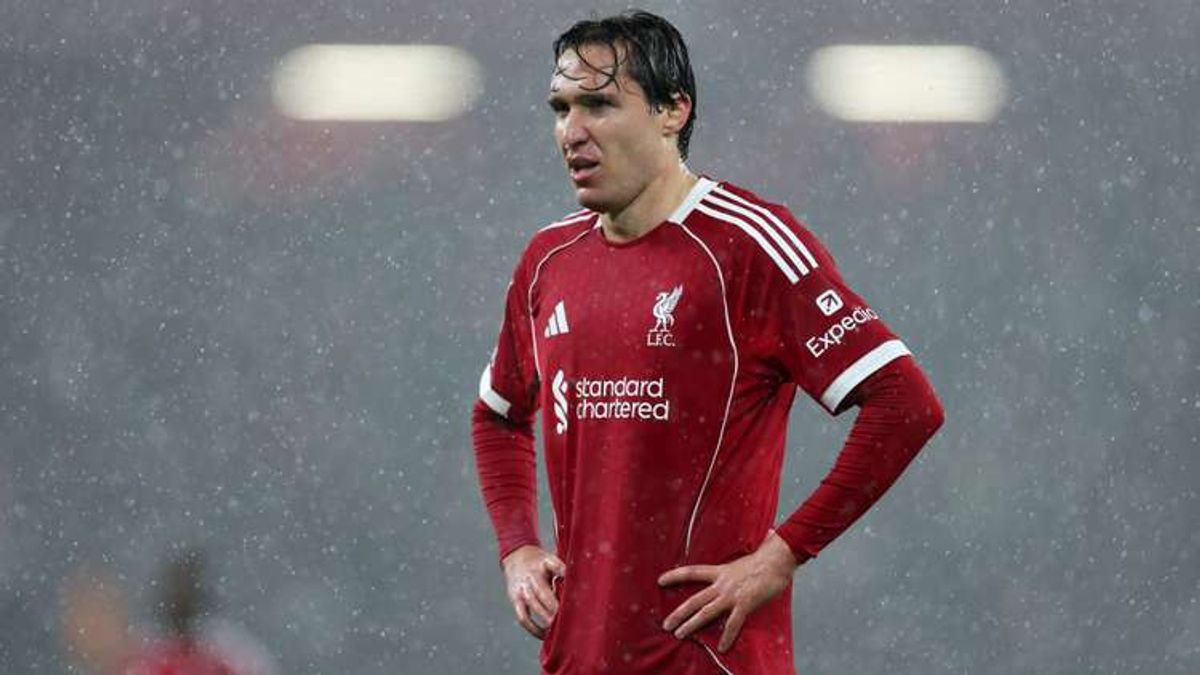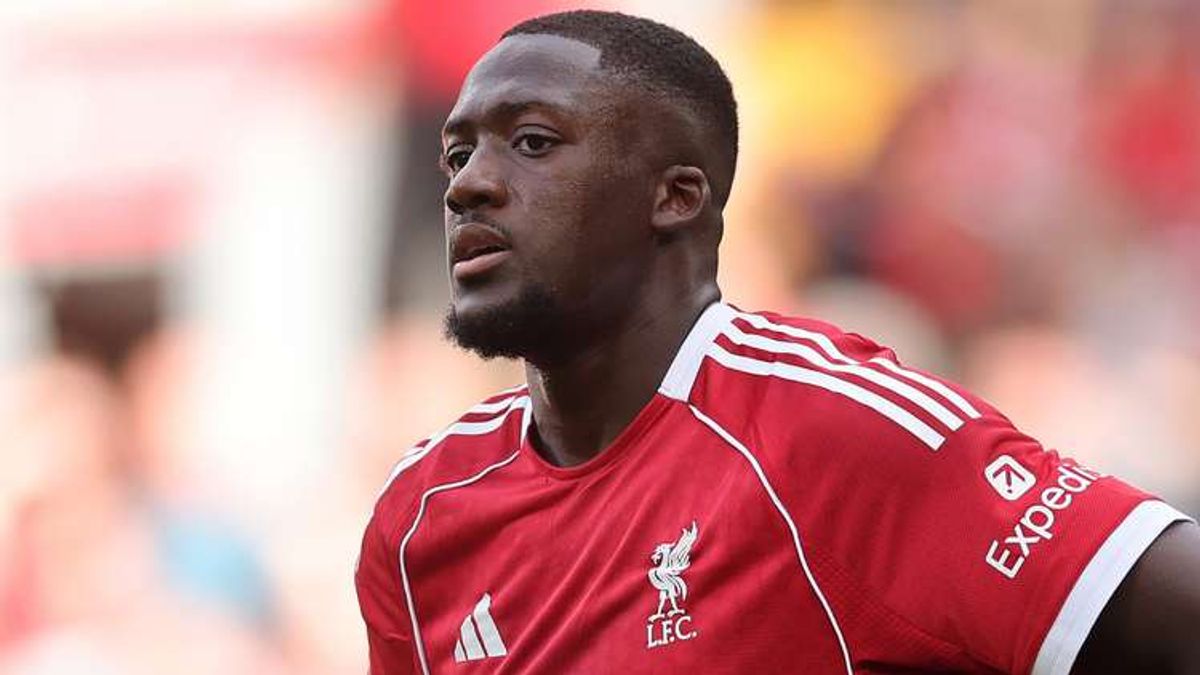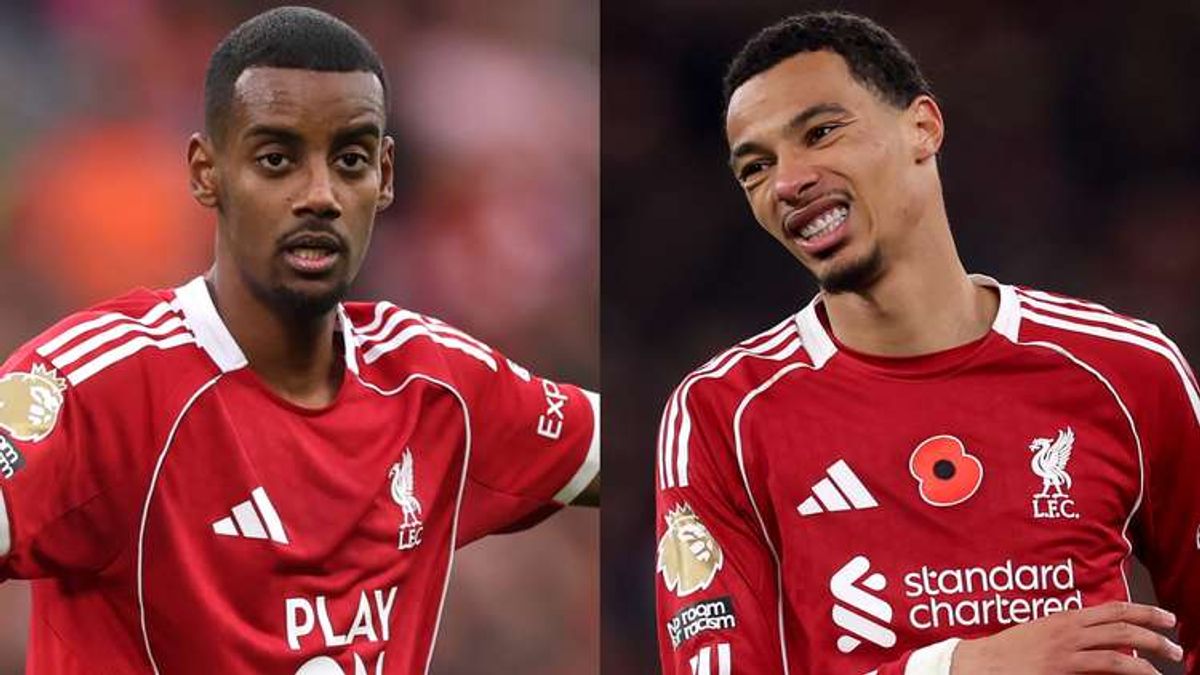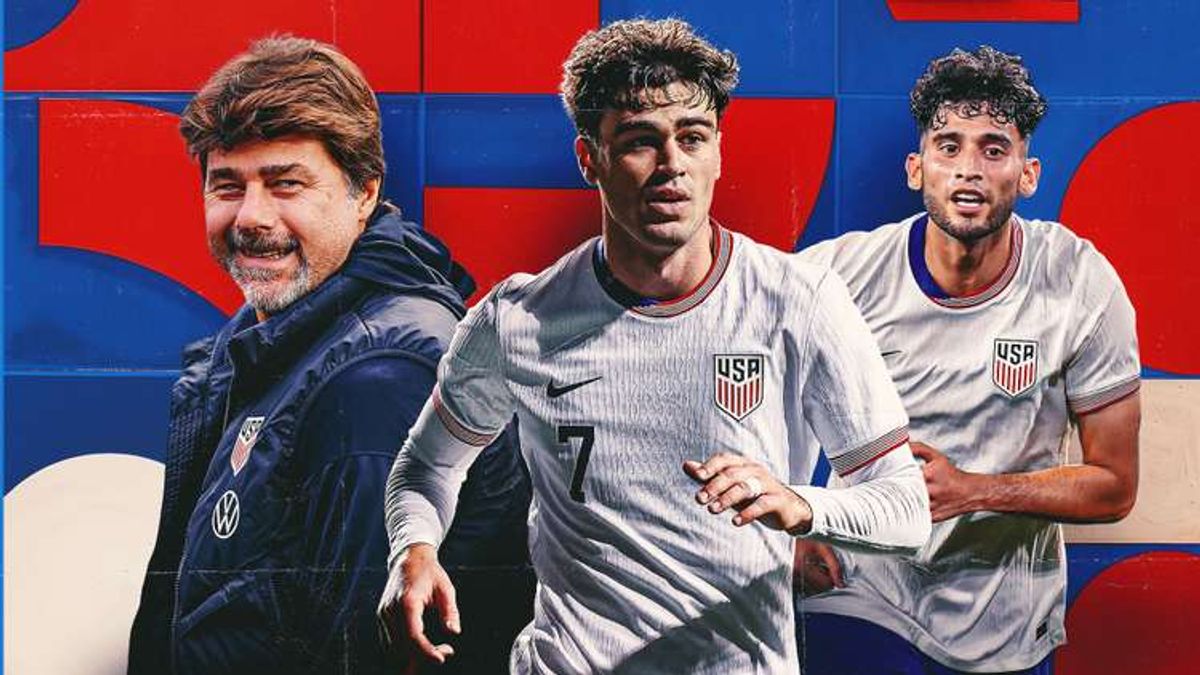The Future of Sports Broadcasting in the UK: Impact of ITV's £1 Billion Deal with Sky
ITV's potential £1.6 billion sale to Sky has sparked concerns about the future of free-to-air sports broadcasting in the UK. Finance expert Rob Wilson explains the implications of this deal and how it could reshape the industry landscape.

ITV confirmed earlier this month that it is in preliminary discussions to sell its broadcasting business to Sky for £1.6 billion. The talks come as the television industry faces fierce competition from the rise of streaming services such as Disney+, Prime Video and Netflix. The former platforms already own rights to show one Champions League and one La Liga match per gameweek.However, one finance expert believes the main concern should be the loss of free-to-air sport. ITV hold the rights for some England and World Cup games, and the worry is that users may one day have to pay for the opportunity to watch the national team, either in qualifiers or at major international competitions."The World Cup is currently locked into listed-event regulation, keeping prices relatively low because rights must remain free-to-air," finance expert Professor Rob Wilson told OLBG. "Should free-to-air erode and regulatory protections weaken, a very different market emerges. A largely exclusive World Cup becomes a quadrennial subscriber magnet with huge advertising and digital potential."Under those conditions UK rights might land in the £350 to £500 million range at the cautious end, rising toward £750 million to £1 billion if full exclusivity and deep digital rights are included. That would make the tournament comparable to a significant slice of Premier League value, something only possible if it moves away from the current BBC-ITV sharing model."Wilson went on to add the free-to-air shows like Match of the Day may come under threat. While the BBC's weekly Premier League highlights show doesn't actively show domestic top-flight action live, it's still at risk of being unable to fulfil demand owing to potential financial constraints down the line."For shows like Match of the Day, the threat is less direct but still real," Wilson added. "The BBC would be facing a competitor with extraordinary reach across both pay and free platforms. That pushes up prices and makes it harder to retain highlight packages without paying more. In the long run it could shift the balance between free and paid access to top tier sport."A Sky and ITV combination would become the most influential force in British broadcast advertising. Buying strategies would change. Cross platform packages would grow. And the line between broadcast and streaming would blur even further as the combined business pushes its viewers into unified ecosystems."Looking for smarter football bets? Get expert previews, data-driven predictions & winning insights with GOAL Tips on Telegram. Join our growing community now!Furthermore, Wilson discussed the astronomical value of the UK sports market, adding: "The UK sports rights market today is roughly £3 to £3.5 billion annually, with the Premier League and Champions League forming its core."A Sky–ITV merger would push major football rights upward, while expanded competitions and tech-sector interest would accelerate growth. It is reasonable to see the market reaching £4.5 to £7 billion a year by the mid-2030s."For Amazon, Netflix, YouTube or Apple, participation is less about direct profit and more about acquiring customers. Each could justify spending £200 to £500 million annually on UK rights as a strategic foothold, with total disruption capital potentially exceeding a billion pounds a year if multiple platforms compete simultaneously."Wilson continued: "ITV's channels would remain free to air because their public service obligations would transfer. But over time, the strategy would change. Expect more cross promotion between free and paid services, more sport moving into premium windows and more rights carved into layered offerings."In short, this deal would be hugely significant in the medium term. If it happens, it would reshape how rights are bought, how audiences are reached and how sport and entertainment flow between free and paid screens across the UK. It might even start an acceleration away from free to air programming as we know it."Wilson also discussed the potential of the costs of Premier League and Champions League rights increasing should the ITV-Sky merger come to fruition. "A combined Sky and ITV would be a powerful buyer," he added. "Sky already controls much of the premium sport in the UK and adding ITV's free to air channels gives it both reach and versatility. It could bid for major rights with more confidence, and it could spread those rights across subscription, streaming and free to air platforms in ways no other British broadcaster can match."Premier League rights currently sit at around £1.7 billion per season, with the Champions League adding roughly another £450 to £500 million. A combined Sky and ITV would be able to monetise rights across pay TV, streaming and free to air in a way no rival could match, reducing competitive pressure and giving them licence to bid more aggressively."In that environment Premier League rights could plausibly rise toward the £2 to £2.3 billion range per season in the early 2030s, while Champions League rights might move into the £600 to £750 million band. Together, the two properties could command between £2.6 and just over £3 billion per year, implying an uplift of around £0.5-£1billion on the current level."
Potential End of Free-to-Air Sport
The talks between ITV and Sky have raised alarms about the potential loss of free-to-air sports, including England and World Cup games. Prof. Rob Wilson highlights the risks associated with shifting towards paid access and exclusive broadcast rights, which could impact the accessibility of major sporting events for UK viewers.
Threat to Shows like Match of the Day
Prof. Wilson warns that iconic shows like Match of the Day could be at risk due to increased competition and financial pressures. The BBC's ability to secure highlight packages may diminish in the face of a consolidated Sky-ITV alliance, potentially altering the balance between free and paid access to top-tier sports content.
Evolution of Broadcast Advertising
A potential Sky-ITV merger would create a dominant force in British broadcast advertising, influencing buying strategies and cross-platform offerings. Prof. Wilson predicts a convergence of broadcast and streaming services, leading to unified ecosystems and shifting viewing patterns among audiences.
Rise in UK Sports Market Value
The UK sports rights market is poised for significant growth, with the Premier League and Champions League forming the core of its value. Prof. Wilson projects a surge in football rights pricing, driven by expanded competitions, tech-sector interest, and the entry of major streaming platforms.
















